- You have no items in your shopping cart
- Subtotal: $0.00
From South America, the Saffron Finch (Sicalis flaveola) is beautiful with its bright yellow body and orange-colored crown. Although commonly regarded as a canary, it is not related to the Atlantic canary and is actually a Tanager bird. Formerly, it was placed in the Emberizidae, but it is close to the seedeaters. The Saffron Finch is also known as a Brazilian Saffron Finch, Brazilian Bunting, Brazilian Canary, Northern Saffron Finch, Jamaican Wild Canary.
DNA testing is available to ensure gender if desired when birds are too young to sex. Saffron Finches are for pet use only.
Geography: South America – Columbia, Venezuela, Peru, Paraguay, Uruaguay, Argentina, Trinidad, and Tobago.
Song / Call: Click to hear the Saffron Finch
Size / Weight: 5.25-5.5″
Sexing: When juveniles, the Saffron Finch is visually difficult to determine sex. DNA testing is available to ensure desired gender for an additional fee.
Temperament: Saffron Finches may be spiteful or intimidating to smaller, more passive species, although some pairs are fairly tolerant (if a large enough, well-planted enclosure is provided). They may become more aggressive during breeding. Saffron Finches form a strong pair bond and should be allowed to stay together year-round, even when not breeding. If it becomes necessary to replace a mate, the unacquainted birds should be introduced slowly and cautiously to monitor for any signs of aggression.
Breeding: Males are polygamous, mating with two females during the nesting season. Saffron Finches can breed while still in juvenile plumage & may not attain adult plumage until 2-3 years of age. Saffron Finches aged 2 through 5 years are best suited for breeding, however. A breeding diet including live food & insectivore mix, soaked seed, and half-ripe seed should be provided at the end of winter in preparation for spring breeding. Both Saffron Finch parents feed the young. Live food (termites, moths, small crickets, medium mealworms) is considered important for successful rearing of chicks. Provide coconut fiber Nesting Material and a Nesting Box for the beautiful Saffron Finch to thrive.
Lifespan: 10-12 years.
Diet: Insects, Canary Seed, Australian Blend Goldenfeast, grass, millets, green food and wild seeds.
DNA Testing
If there is no gender option listed for a bird on our website, that particular species is ‘monomorphic’, which means we’re unable to determine gender without purchasing DNA testing. DNA testing is an additional $149 per bird to guarantee preferred gender. DNA testing may add an additional 3-6 plus weeks to estimated delivery time to allow for gender results. See our FAQs for more info.



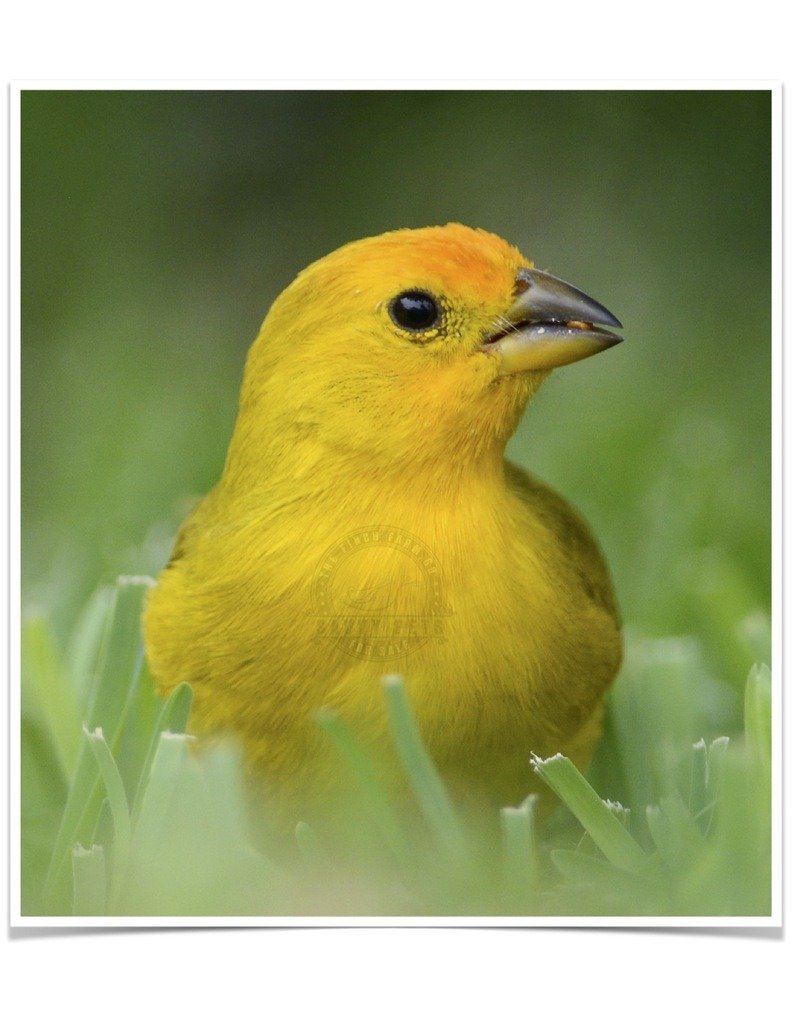
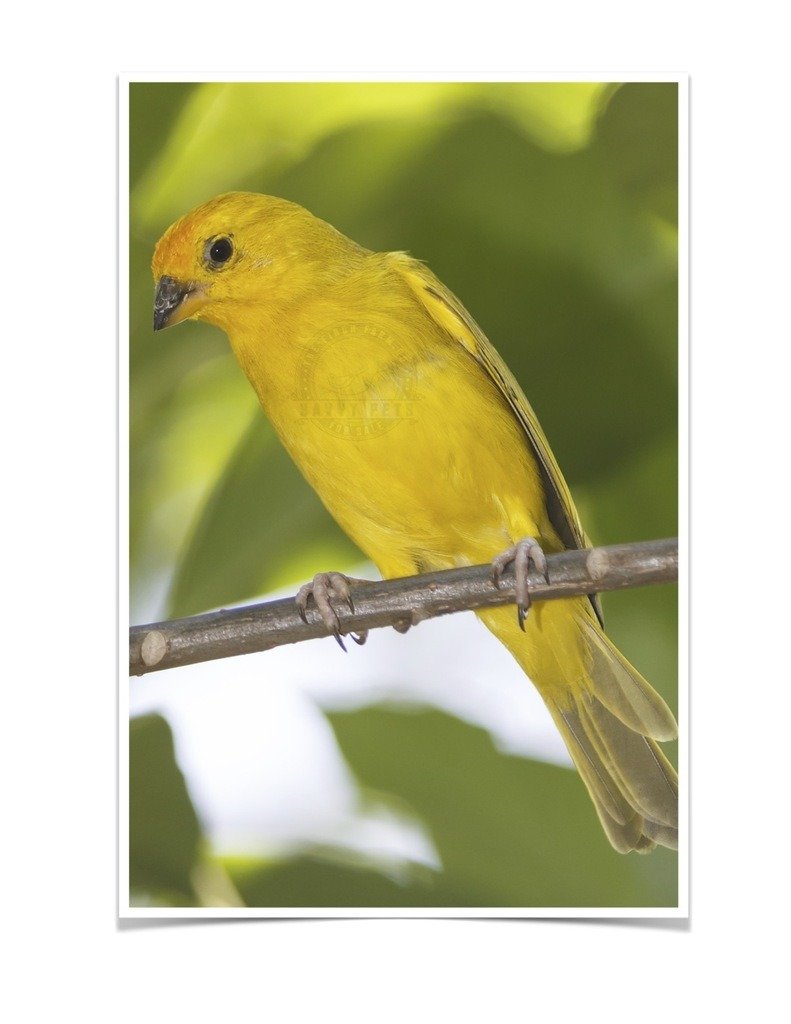
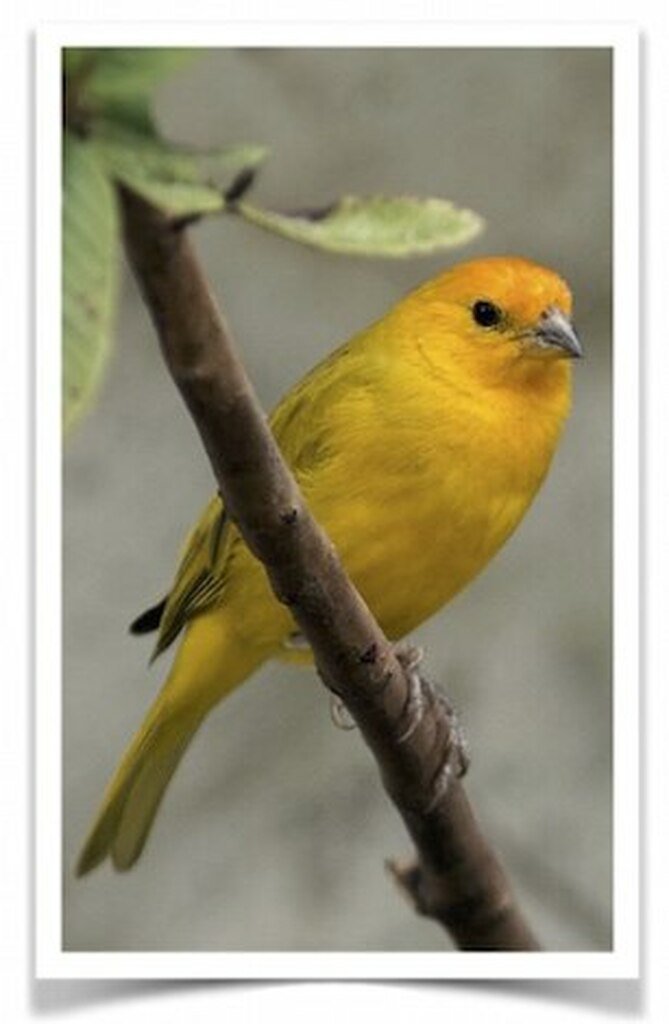
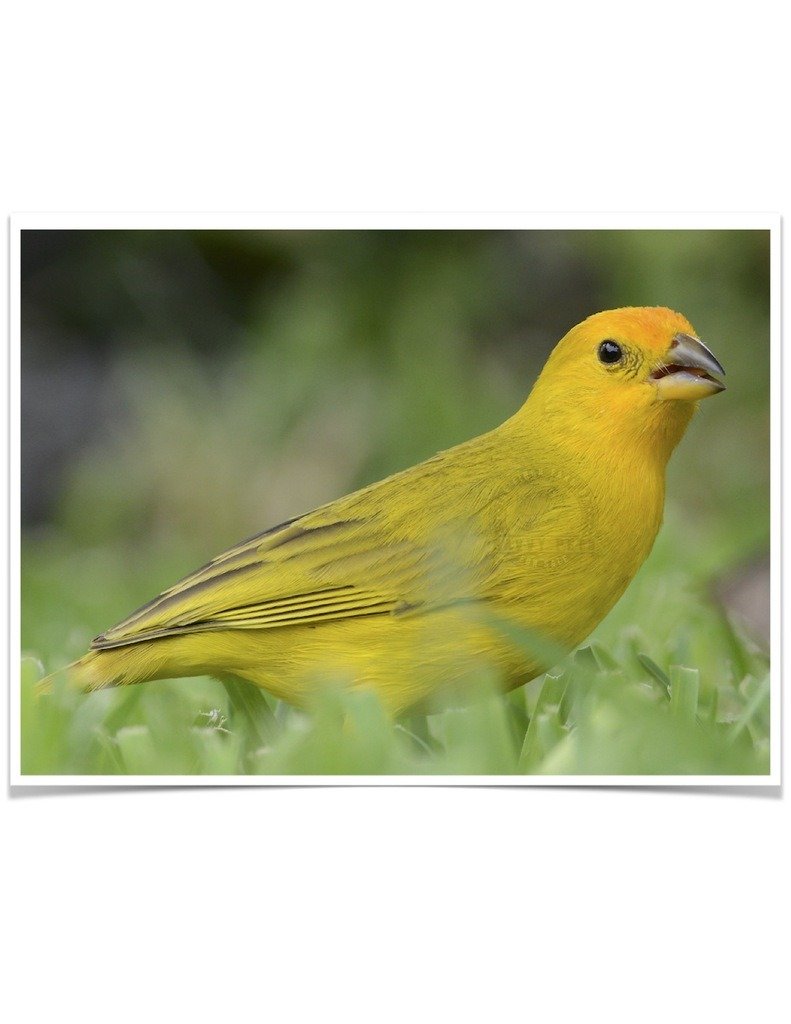
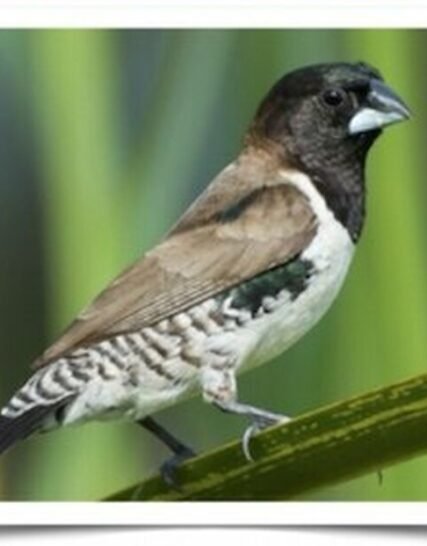



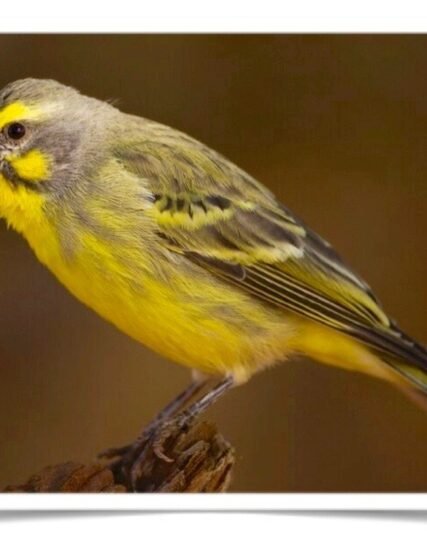
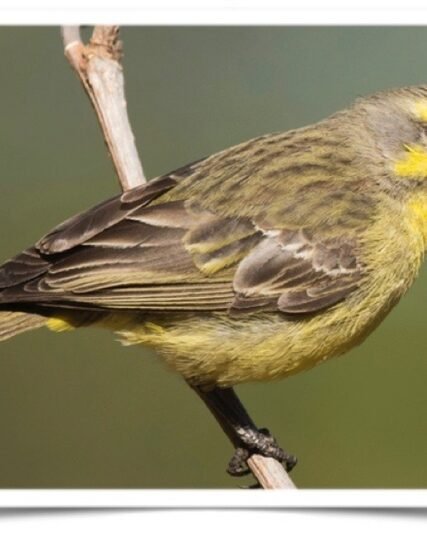


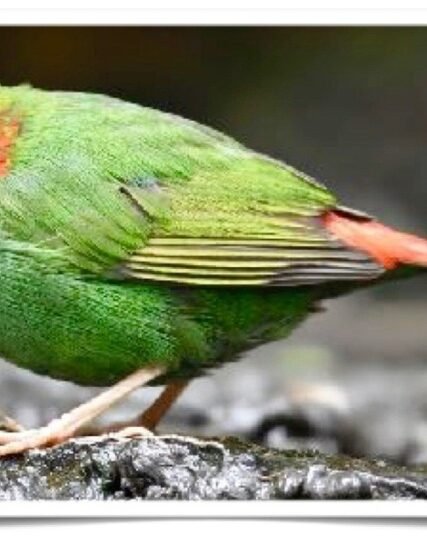
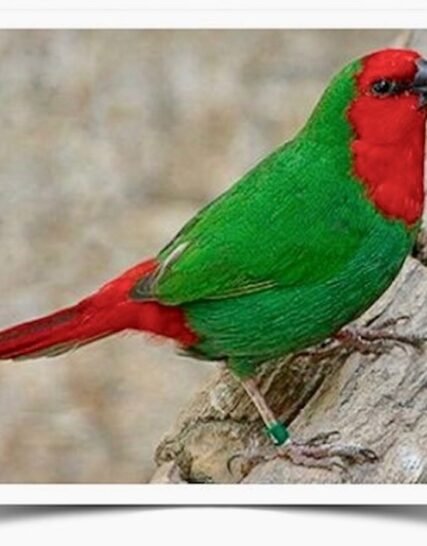
Reviews
There are no reviews yet.